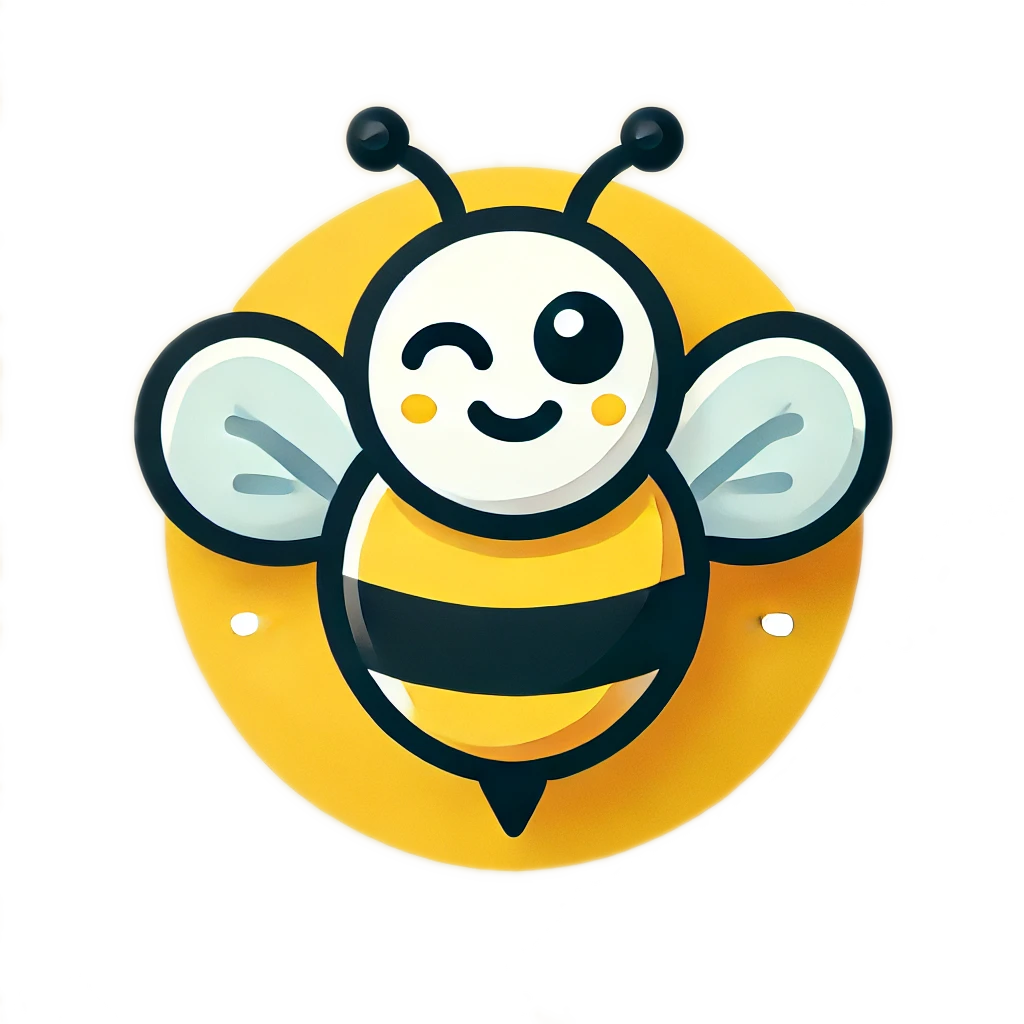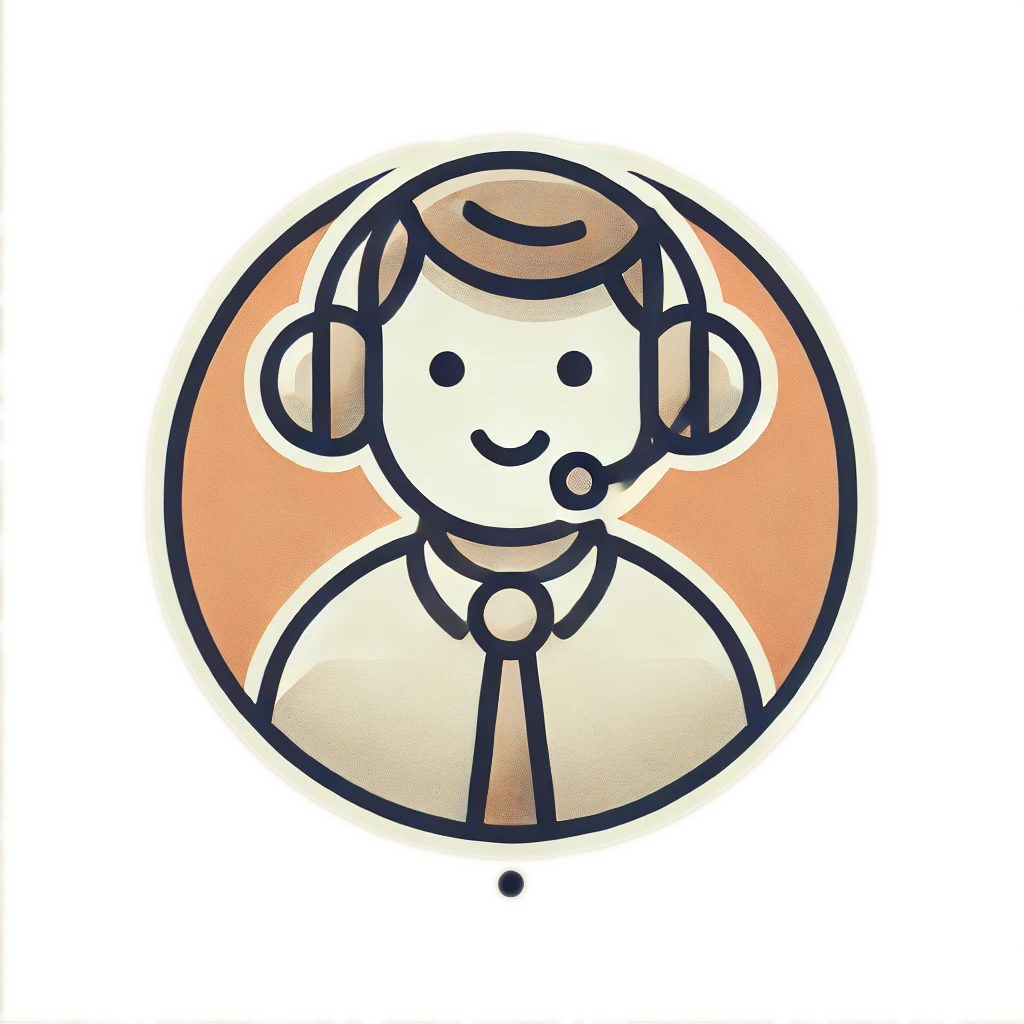※テスト問題の解答を確認するためページを下にスクロールした際、問題が見えなくなります。なるべくズームアウトし、画面全体を縮小してからご覧ください。
(1) Our school ( ) opens at 8:30. Many students go there and study.
私たちの学校は( )8時半に開きます。多くの生徒がそこに行って勉強します。
(2) A: Is this video game fun? B: I don’t know. Let’s ( ) it.
A: このビデオゲームは楽しい? B: わからない。やってみよう。
(3) A: Mom, can I go outside to play now? B: No. ( ) your room first.
A: お母さん、外に遊びに行っていい? B: だめよ。まず部屋を( )しなさい。
(4) A: This is a nice ( ), Eric. B: Yes. I stay here every summer.
A: これは素敵な( )だね、エリック。 B: そうだよ。毎年夏にここに泊まるんだ。
(5) A: Let’s go home ( ) it rains. We don’t have umbrellas. B: Good idea.
A: 雨が降る( )家に帰ろう。傘を持っていないから。 B: いい考えだね。
(6) I’m studying two foreign ( ) at high school, English and French.
私は高校で2つの外国( )を勉強しています。英語とフランス語です。
(7) A: I want to see your pictures of London. B: OK. I’ll ( ) them next time.
A: あなたのロンドンの写真を見たいな。 B: わかったよ。次回( )持ってくるね。
(8) A: Did you go shopping last Sunday, Judy? B: No. I watched a soccer game on TV ( ) home.
A: 先週の日曜日、ショッピングに行ったの? B: いいえ、家でテレビでサッカーを見ていたよ。
(9) A: Is this your camera? B: Yes. I like ( ) pictures.
A: これはあなたのカメラですか? B: はい。写真を撮るのが好きなんです。
(10) A: Ann really ( ) like her sister. B: Yes. They are both tall and have long black hair.
A: アンは本当に妹に似ているね。 B: そうだね。二人とも背が高くて、長い黒髪だよ。
(11) A: See you, John. ( ) a nice holiday in Hawaii. B: Thanks! I’ll send you a postcard.
A: さようなら、ジョン。ハワイで素敵な休暇を過ごしてね。 B: ありがとう!ポストカードを送るよ。
(12) A: Did you like the book, Andy? B: Well, the first ( ) of the book was interesting, but the ending wasn’t very good.
A: 本は気に入った? B: うーん、本の最初の( )は面白かったけど、結末はあまり良くなかったね。
(13) Jim and I ( ) tennis after school yesterday.
昨日、ジムと私は放課後にテニスを( )しました。
(14) A: When ( ) your school start? B: Next week.
A: 学校はいつ( )始まるの? B: 来週。
(15) A: Do you like ( ) pictures, Yuri? B: Yes, I do.
A: ユリ、絵を( )描くのが好き? B: はい、好きです。
(16) Girl: David, can you go to a movie with me today? Boy: No, ( ) Maybe next time.
女の子: デイビッド、今日映画に一緒に行ける? 男の子: いや、( )。また今度ね。
(17) Mother: Jack, do you want some more cake? Boy: ( ) Mom. I’m full.
お母さん: ジャック、ケーキをもう少し食べる? 男の子: ( )。もうお腹いっぱいだよ。
(18) Boy: Nancy, do you want to go to the park with me tomorrow afternoon? Girl: ( ) I have my violin lesson.
男の子: ナンシー、明日の午後、公園に一緒に行きたい? 女の子: ( )。バイオリンのレッスンがあるの。
(19) Son: Can I put these teacups here, Mom? Mother: Sure, Tom, but ( )
息子: このティーカップをここに置いてもいい? お母さん: いいよ、トム、でも( )。
(20) Boy: Bye, Jane. I’ll call you again tomorrow. Girl: ( )
男の子: じゃあね、ジェーン。明日また電話するよ。 女の子: ( )。
本番に出る単語をたくさん勉強しましょう。下に出ていることばをクリック❕


Leave a Reply